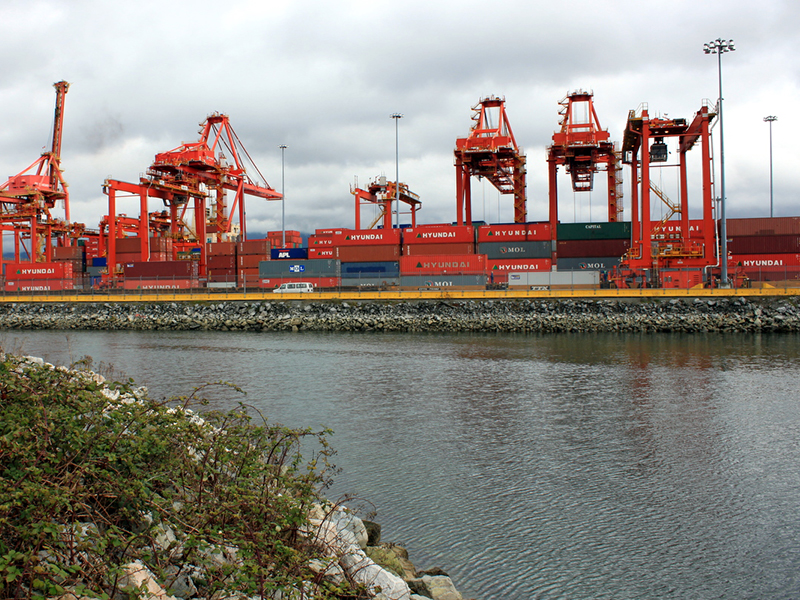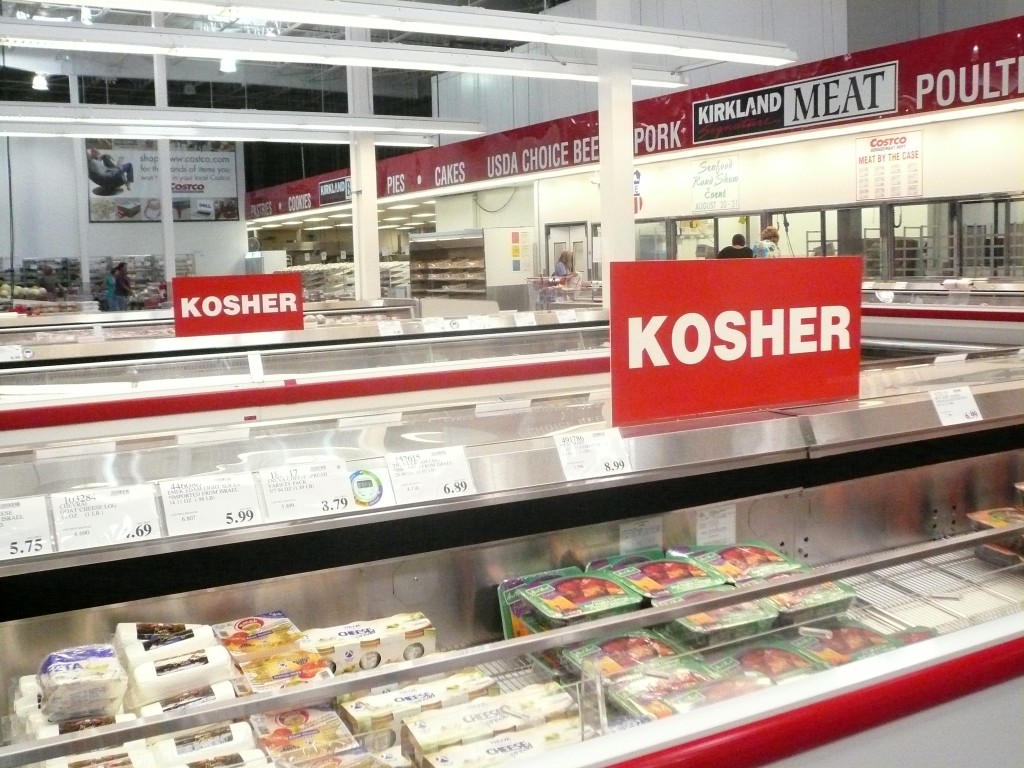Canada Day is a day for celebration, but this year, it’s also the date when the country’s trade dispute with the United States will begin to hit home.
On July 1, retaliatory trade measures imposed on the United States, including a 10 per cent tax on some food imports, will kick in.
Kosher food consumers will join the rest of the Canadian public in facing higher prices on a variety of staples, including ketchup, mayonnaise, soups, soy sauce, pizza, nut purees, yogurt, tableware, kitchenware, some paper products, including serviettes, and some prepared meals made of chicken and beef.
Kosher food importers say the hike in taxes at the border will likely be passed on to consumers and could raise the price of some kosher foods by as much as 15 per cent.
READ: KOSHER MEAT EXPECTED TO RISE IN PRICE THIS SUMMER
The “countermeasures” are being imposed “against the United States in response to tariffs on Canadian steel and aluminum products,” the Department of Finance stated.
Canada and the United States are in the midst of difficult trade negotiations over the North American Free Trade Agreement (NAFTA). On May 31, the United States announced it was imposing tariffs on Canadian steel (25 per cent) and aluminum (10 per cent).
Canada reacted with its own measures, which include retaliatory tariffs placed on U.S. steel, aluminum and other products, including some foods.
Jack Hartstein, vice-president of Montreal-based Altra Foods, said consumers who rely on kosher food will likely bite the bullet and pay more. “Kosher consumers are a captive audience,” he said. “They can’t go anywhere else.”
Altra, which is the biggest importer of Israeli-made products into Canada, also supplies consumers with American foods – “everything from salad dressing to mayonnaise to potato chips,” Hartstein said.

“Right now, they come in duty free under NAFTA.”
Hartstein said importers likely won’t absorb the 10 per cent charge imposed by the government.
“If it would be a smaller amount, we’d try to absorb it. With the margins we work at, there’s no way to absorb it,” he said. “The only ones who will pay for it are the consumers.”
Hartstein said Altra will look to substitute products from Israel: “We’re going to source it wherever we can.”
Kosher consumers are a captive audience.
– Jack Hartstein
He discounted suggestions that Canadian producers could provide the items earmarked for higher duties.
There are no Canadian products that have the combination of quality and widespread kashrut acceptability that American-sourced items possess, he said.
Kevin Hopps, director of business development for Foodfest International, said his company imports kosher products, some of which will be affected by the higher taxes.
Hopps noted that soups were one of the items that will be impacted by the new border tax: “Nobody in Canada makes a kosher soup. We sell a lot of soup up here.”
“Costs are just going to go up,” he said. “They get passed on to the retailers and they pass it on to the consumers.”
“It will be more than 10 per cent,” he continued. “Everybody works on margins, so as the costs go up, the margin calculation goes up accordingly.”
A 10 per cent rise in costs could end up translating into a 15 per cent jump in prices when consumers go shopping, he added.

Ironically, duties are generally imposed on imports to protect Canadian producers from cheaper foreign products. But there are almost never any Canadian producers that make the kosher foods that are affected by the duties. “Not a chance. Our kosher market is not big enough,” he said.
Hopps, who formerly managed a Sobeys store that transitioned into a kosher food supermarket, said Canada’s import system is in need of a revamping when it comes to kosher imports.
A considerable amount of kosher food originates in Israel and other countries, but because much of it is shipped first to the United States, it is subject to duties when it arrives here, he said.
A lot of the matzah entering Canada from the United States was produced in Israel. The matzah is not on the list of items that are duty free from Israel, so they will get charged duty either way. No one in Canada makes matzah, so it is just a tax on kosher goods. That makes no sense and doesn’t protect any Canadian products,” he said.
Costs are just going to go up.
– Kevin Hopps
That really hurts kosher consumers and especially large families who have many small children to feed, he noted.
The problem gets worse around Passover. Many kosher foods are exempt from taxes during the holiday, but the list of affected foods was created 30 years ago, when many current food products didn’t exist, he said.
Foods not on the list are subject to duties, but it would take only “a simple fix” to update the list to make it current, Hopps said.
As for the ongoing trade dispute, Hopps and Hartstein speculate that it might be resolved before its impact becomes too severe, but only time will tell.







